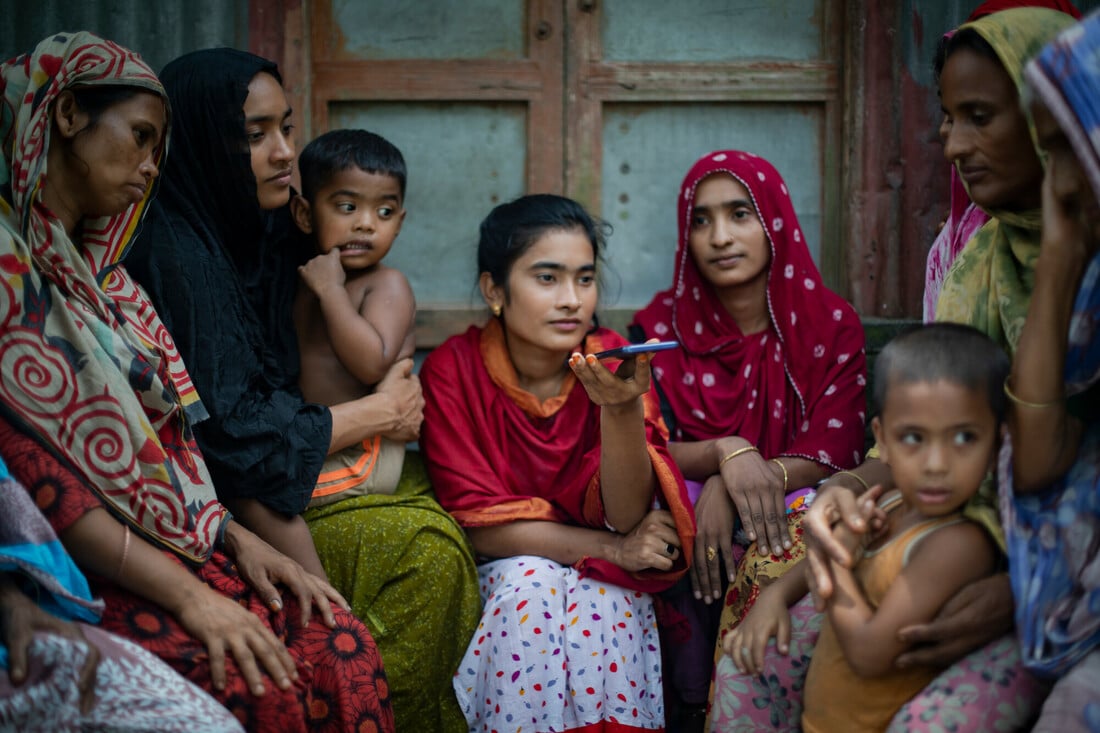CARE’s Capacity Statement on Anticipatory Action Using Climate Information Services
The effects of the climate crisis are redefining the landscape of humanitarian and development work across the globe. With a record-breaking decade of heat and an increasing frequency of climate-related disasters, a reactive approach is no longer sufficient to address the scale of human suffering and economic loss. To effectively build resilience in vulnerable communities, a fundamental shift towards proactive, Anticipatory Action (AA) is required.
This capacity statement outlines CARE’s expertise in this critical and evolving field. It outlines our comprehensive approach to Anticipatory Action, emphasizing the pivotal role of gender-responsive Climate Information Services (CIS). By leveraging on robust data, early warning systems, and community-led strategies, CARE works with local actors and partners to mitigate the impacts of climate shocks before they escalate into disasters.
Through our projects, this document will demonstrate how CARE’s holistic framework not only saves lives and protects livelihoods but also empowers communities to make informed decisions. By bridging the gap between scientific climate information and local knowledge, we are helping to build a more dignified, resilient, and climate-just future.
CARE’s Capacity Statement on Anticipatory Action
Using Climate Information Services
